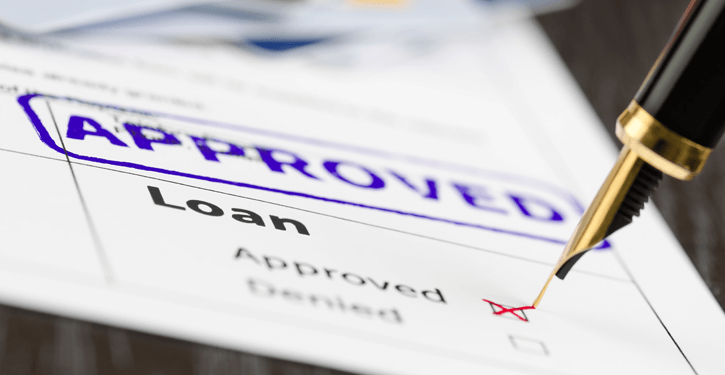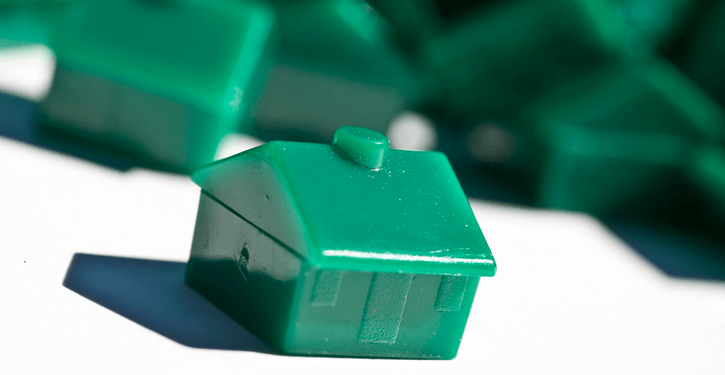Unless you have the ability to pay for big purchases like a house or car with cash, then at some point you will have to seek out a loan from a bank. Bob Hope gave an excellent definition of a bank: “A bank is a place that will lend you money if you can prove that you don’t need it.”
While that’s not strictly true, the cost to borrow money will be lower the more you can demonstrate your reliability to pay it back. Simply put, the better your creditworthiness, the lower your interest rate on new loans. The lower your interest rate, the less money you will pay the bank in exchange for borrowing the money.
What a Good Credit Score Means for Your Bottom Line
Your credit score is used to determine your creditworthiness. A good credit score not only means it is easier to open up new lines of credit but also that you can do so at lower interest rates.
You don’t need to have a significant income to have an excellent credit score. Low rates are not based on your income but rather on your creditworthiness. The better your credit score, the less expensive it is to get car loans, student loans, mortgage loans, or refinances of any of these loans.
Even an interest rate one percent lower can make a big difference over the life of a loan, especially considering that the repayment term for a traditional mortgage loan is 30 years. That’s a long time to pay interest on borrowed funds. The lower your interest rate, the more money you’ll save over those 30 years.
To get a good rate on loans aim for a credit score above 700. Credit scores ranging from 650-699 are considered “fair,” and anything lower is considered a poor score and will result in a higher interest rate on any lines of credit you open.
How a Bad Credit Score is Expensive

If you have a credit score below 700, you will likely have to pay a higher interest rate on a loan than someone with a credit score above 720. The more you pay the bank, the less money you get to keep in your pockets and the less money you can put towards your future.
For example, if you’ve got a great credit score of 770 and want to borrow $15,000 to buy a car, you could reasonably see a loan offer with an interest rate of 2.5%- 3% for a term of 60 months (five years). This loan will cost you approximately $1,100 in interest charges.
On the other hand, if you have a lower credit score of 600, you may only see offers for loans at 6%. A $15,000 five-year auto loan with an interest rate of 6% costs approximately $2,400 in interest over the life of the loan. Your low credit just cost you an extra $1,300.
When you struggle financially, having to pay an extra $1,300 is a greater burden and can keep you stuck in your poor financial situation. That’s why it’s of the utmost importance for people of limited financial resources to strive for the best possible credit score and lowest cost of credit.
A lower credit score not only costs you more now in the price of financing, but also in the long run as it leaves you with less money to save or invest.
A low credit score simply costs too much money. You cannot afford a low credit score.
Your Credit Score Can Have a Bigger Impact Than Your Income When Opening New Lines of Credit

Even if your income is not particularly high, you can build a healthy, high credit score. A high credit score shows you know how to handle credit products responsibly, and it tells the bank you are a low credit risk (very likely to repay your debts). From the bank’s perspective, it easier to lend money to someone who has demonstrated that he/she is likely to pay it back on time, regardless of income level.
On the flipside, it is entirely possible to have a great income and a terrible credit score, either because you didn’t handle credit well in the past or because you didn’t need credit and lived cash-only. Either way, the low credit score will still mean a higher interest rate for your loan.
If you do have a low credit score, you can do something about it, and it doesn’t have to take years to build great credit. Take the time to educate yourself about what factors contribute to your credit score and see where you can improve.
How to Build Great Credit
First, check to make sure there aren’t any errors on your credit report. Second, use a free tool like Credit Sesame to see where you stand on the different factors that impact your credit score. Third, take action based on what you learned about your credit score. Remember, it’s possible raise your credit score without paying off all your debt.
Life is too expensive to live with a low credit score. Take action now to save thousands of dollars over the course of your life. Not just on the next loan you want, but on the loan that you want to take out years from now.





















